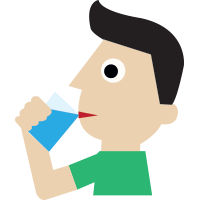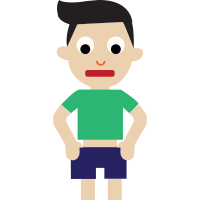f60ac14d-fe5f-497e-96a1-7bfb726b6851c3bf89fbcbb3435680de5d92a27a33d9.jpg?sfvrsn=550cca74_0)
Prepared by Team of Consultant Paediatrics
Gleneagles Kuala Lumpur
If your child has been diagnosed with diabetes, you may be feeling worried, fearful and anxious about how this disease affects their childhood. You may be surprised to learn that a child with diabetes can do everything that regular kids do.
What is diabetes
Diabetes is a disease that occurs when your blood glucose, also called blood sugar, is too high. Blood glucose is your main source of energy and comes from the food you eat. Insulin, a hormone made by the pancreas, helps glucose from food get into your cells to be used for energy.
Types of diabetes
Type 1 diabetes
If you have type 1 diabetes, your body does not make insulin. Your immune system attacks and destroys the cells in your pancreas that make insulin. Type 1 diabetes is usually diagnosed in children and young adults, although it can appear at any age. Insulin is required to treat the condition.
Type 2 diabetes
If you have type 2 diabetes, your body does not make or use insulin well. You can develop type 2 diabetes at any age, even during childhood. However, this type of diabetes occurs most often in
Symptoms
middle-aged and older people. Type 2 is the most common type of diabetes, initial treatment will be diet and exercise, and over time medications (tablet and / or insulin) may be required.
In both type 1 and type 2 diabetes, the end result is too much sugar in the blood, with little or none getting into the body’s cells. As a result of the high blood sugar, your child might have the following symptoms:
Toilet
Going to the toilet a lot, bed wetting by a previously dry child or heavier nappies in babies.

Thirsty
Being really thirsty and not being able to quench the thirst.

Tired
Feeling more tired than usual.

Thinner
Losing weight or looking thinner than usual.

Treatment
In both types of diabetes, the goal is to keep blood sugar level as near as normal (nondiabetic) levels as possible and reducing potential complications. Your child can live a healthy normal life despite having diabetes. Speak to your doctor and then learn the routine of glucose testing, planned eating, and insulin, that works best for them.

Wait a minute

Wait a minute